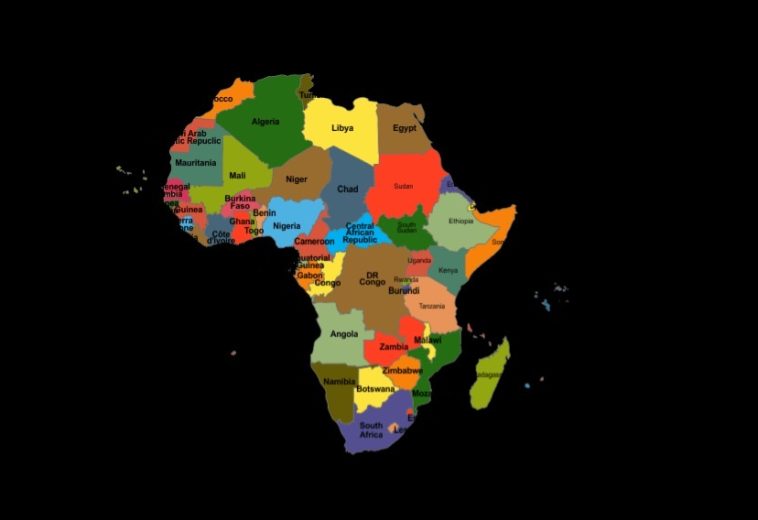East African nation Rwanda has made great progress towards advancing women’s political empowerment and gender equality. With women controlling over 60% of the seats in the lower house of parliament, the nation is acknowledged as a global leader in women’s political representation. In this article, we shall examine the status of women and girls in Rwandan politics.
Historical Odessey
Ethnic conflicts and political unrest have characterised Rwanda’s complicated history. There was a genocide in the nation in 1994 that killed an estimated 800,000 people, primarily Tutsis. Following the genocide, the government enacted some reforms, including initiatives to advance women’s empowerment and gender equality, to foster national unity and reconciliation.
Political Reforms and Gender Quotas
Rebuilding with a focus on gender equality was a commitment that came with the reconstruction of Rwanda. The government implemented gender quotas as one of the most important measures to guarantee women’s participation in political processes. Rwanda achieved a historic first in 2003, when more women than men were represented in the national parliament. This accomplishment was primarily ascribed to a constitutional clause mandating that women hold at least thirty percent of the parliamentary seats.
Gender quotas had a significant impact that went beyond representation; they represented a dedication to challenging conventional gender roles and creating an atmosphere in which women and girls could actively contribute to the future of their country. The 2008 Gender Monitoring Office Act, which established an organisation tasked with advancing gender equality and keeping track of its advancement, further demonstrated the government’s commitment to this cause.
Unveiling the Impact
The gender equality experiment in Rwanda has produced noticeable outcomes. It is evident that increased female representation has influenced policymaking, resulting in laws that support maternal health, land access, and the fight against gender-based violence. The increase in women’s economic participation has aided in the fight against poverty and the advancement of the country. In addition, girls find great inspiration from the sheer visibility of women in leadership positions, which dispels preconceived notions and fosters hopes for a better future.
Women’s Empowerment in Political Leadership
Rwanda’s dedication to women’s empowerment is apparent in the caliber of leadership exhibited by its female political representatives as well as in their numerical representation. In Rwanda, women have attained high political positions, shattered stereotypes, and changed people’s perspectives. Notably, Rwanda made history in 2005 when it appointed the first cabinet with a majority of women, demonstrating its commitment to dismantling gender stereotypes.
Leading ladies in politics, like Louise Mushikiwabo, the former Minister of Agriculture and then Foreign Affairs under President Paul Kagame, have been instrumental in establishing Rwanda’s international reputation.
In addition to changing the political landscape, these women leaders’ accomplishments have given girls nationwide hope and demonstrated that they, too, are capable of reaching the highest levels of authority.
Empowerment of the Economy and Education
Education and economic empowerment are inextricably linked to the political trajectory of Rwandan women. The government realised that women needed to have access to economic and educational opportunities in order for change to be sustained. Girls’ education was prioritised through the implementation of policies that removed obstacles that had previously prevented them from attending school.
Women’s involvement in politics has been impacted by the emphasis placed on education. Women with higher levels of education are better able to question social norms, negotiate the complexities of political processes, and make significant contributions to the creation of public policy. Education has also been a driving force behind economic empowerment since educated women are more likely to have better job opportunities, which increases their socio-political influence.
Sustaining Progress and Addressing Challenges
Rwanda’s progress towards gender equality is a potent example of the transformational power of deliberate policy and political will. However, it also highlights how difficult it is to bring about long-lasting change. As the country develops, consideration must be given to a few crucial areas:
Empowering Women at the Grassroots
To promote inclusivity and close the gap between urban and rural areas, it is essential to invest in women’s leadership development, economic opportunities, and educational opportunities in rural communities.
Shaking Up Social Norms: Long-lasting change requires addressing deeply rooted patriarchal beliefs through community involvement, educational initiatives, and the promotion of positive male role models.
Going Beyond Quotas
Although quotas have been extremely important, long-term sustainability will be achieved by removing structural barriers and creating an atmosphere in which women are rewarded for their achievements.
Data-Driven Policymaking
Thorough data collection and analysis is essential to comprehending the unique requirements and obstacles encountered by various groups of women and girls, thereby guiding focused interventions.
A Beacon of Hope, a Work in Progress
While Rwanda is a beacon of hope, its journey towards gender equality is far from over. By acknowledging the challenges that lie ahead and concentrating on empowering women at all levels, Rwanda can solidify its position as a true leader in gender equality, inspiring other countries to begin their own transformative journeys. The road ahead demands continued commitment, innovation, and a collective effort to ensure that every woman and girl in Rwanda and beyond has the opportunity to thrive. Rwanda’s story offers a potent message to the world: gender equality is not just a moral imperative but also a path to progress and development.
The tale of Rwanda sends a strong message to the rest of the world. Gender equality is not only morally required but also a means of advancement. Even though the country is a ray of hope, its journey is far from over. Rwanda can establish itself as a true leader in gender equality and encourage other countries to start their own revolutionary journeys by recognising the obstacles that currently stand in the way and concentrating on empowering women at every level. To guarantee that every woman and girl in Rwanda and beyond has the chance to prosper, the future calls for unwavering dedication, ingenuity, and teamwork.


